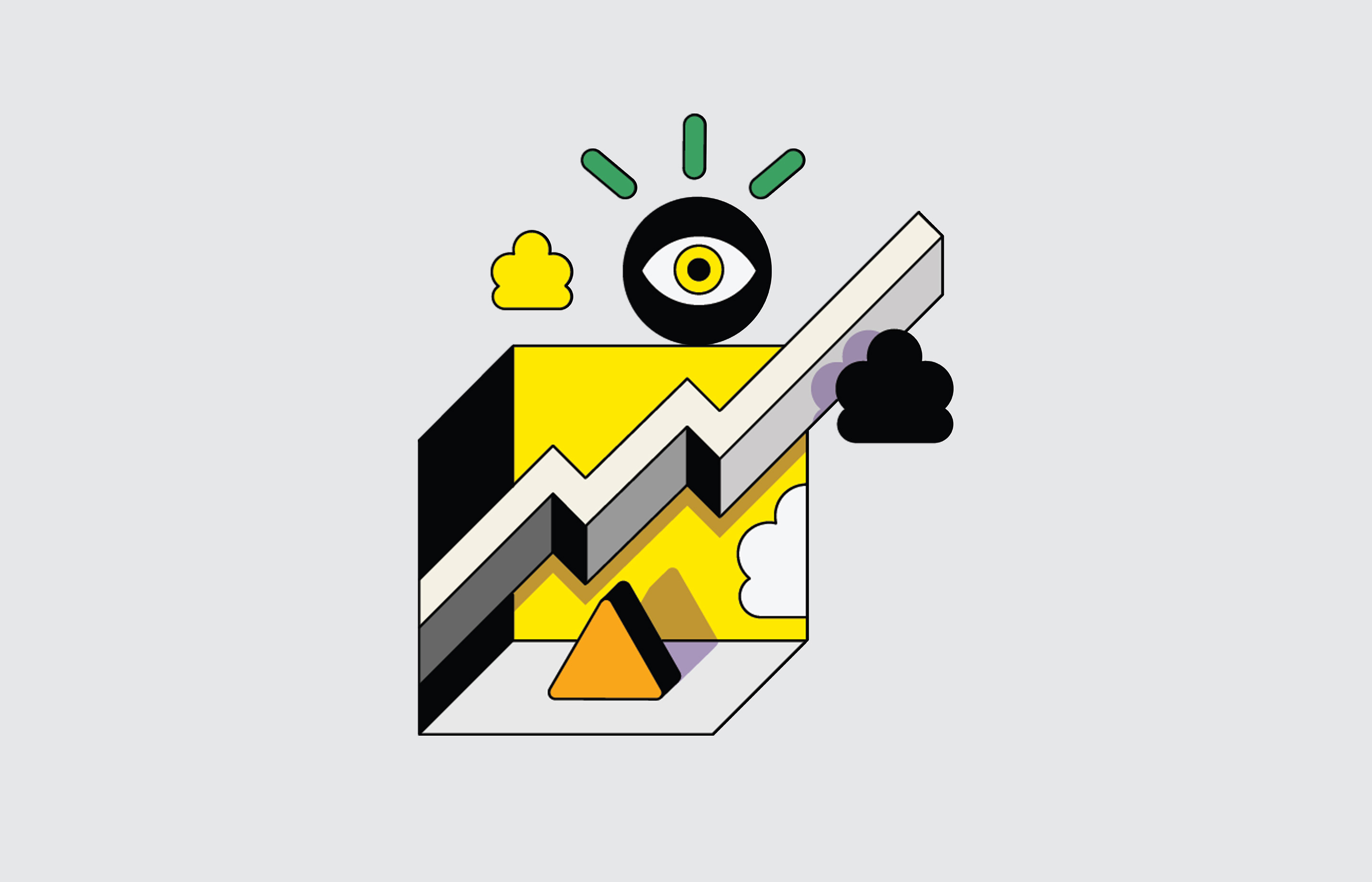
新型冠狀病毒疫情期間,不僅要當心病毒的傳播,也要當心信息的傳播。
如今,出現在各種不同媒體平臺上大量的數據和見解,意味著好消息與壞消息通常是魚目混雜,讓我們常常無法分辨,因為信息量太大了。
比如說,當一個人被潮汐裹卷時,他沒有時間或條件來將一滴水與另一滴水區分開來,也就無法區分哪一滴水是干凈的,哪一滴又是被污染了的。
與冠狀病毒相關的信息也是如此。一方面,有像美國國家過敏和傳染病研究所所長安東尼.福奇博士這樣,成為此次危機中一個被尊重的信息來源。另一方面,數量巨大且瞬息萬變的社交媒體內容也使得不良信息迅速而輕易地傳播,就像可以通過服用可卡因或喝漂白劑的辦法來治療冠狀病毒。(但這不可以!)
在正常情況下,你會設想投資者能夠從垃圾中分辨出有質量的信息,尤其是涉及到自己的金錢時,在危險的情況下他們應該知道如何應對。但是,由于恐懼和恐慌等原因讓人們喪失控制情緒的能力,使人變得更容易感情用事,實際上大家很難坐下來進行清醒的分析。
在這樣的時刻,人們會被建議做很多愚蠢的事情,其中任何一個都可能毀掉你謹慎周密的退休計劃。考慮到這一點,《財富》雜志與我們認識的一些最聰明的人進行了交談,他們分享了自己對冠狀病毒的看法,以及投資者在疫情下該如何應對。
守住資產配置
對沖基金SkyBridge Capital聯合首席投資官特洛伊·蓋伊斯基說:“整個行業都接受這種理念是有原因的。因為沒人知道未來將怎樣,會有各種各樣的可能結果,而每一種都會對股票和債券產生不同的影響。除非有緊急的支出需求,否則出售導致配置失衡幾乎總是一種失敗的策略。當然不要驚慌,不要反應過度,要對自己的資產配置有信心。”
長遠考慮而不是短線思維
杜克大學心理學和行為經濟學教授,《可預測的非理性》的作者丹·阿里里說:“沒人知道會發生什么,但人們可以期待在某個時刻世界將回復正常。而試圖預測短期內會發生什么最可能犯大錯誤。因此,如果相信世界會在某個時刻向好的方向轉變,那就不要總是著急要做點兒什么。控制住自己,不必時刻關注市場。”
該把錢放在哪里
Rosenberg Research&Associates首席經濟學家和策略師戴維?羅森伯格表示:“如果有人問我他們在當下應該如何投資股市,我首先考慮的會是大盤的安全性。諸如公共事業、多戶房地產投資信托、消費必需品和電信等領域。這里要尋找的目標是一些與經濟變化不太相關的市場領域,并且股息穩定。而且我認為,一旦進入這樣的投資領域,獲得財富會非常容易。”
提防債務
蓋伊斯基說,目前存在著“有意義的衰退可能”。這意味著應該避開那些負債累累、財務狀況不穩定的公司。他說:“避開那些杠桿水平過高和最脆弱的公司,因為你將會看到大量的違約。” “消費者信用已經有所提升,但對于公司信用而言,我們會著重關注那些債務水平創紀錄以及承保標準低的。”處于危險之中的領域包括能源、旅行休閑,以及酒店業等。相比較而言,像科技、銀行和衛生保健這樣的行業更具彈性。
超越冠狀病毒
當然,病毒帶來的恐懼,以及對我們日常生活的巨大影響,讓它成了所有媒體的頭條。但是,病毒并不是市場動蕩的唯一原因。羅森伯格說:“我們在短期內受到了三重沖擊:全球供應鏈、消費者對服務的需求以及油價暴跌。在三者之中,最后一個是最有害的。從經濟的角度來看,石油領域所發生的事情甚至比冠狀病毒本身還要大。”(財富中文網)
譯者:晨曦
新型冠狀病毒疫情期間,不僅要當心病毒的傳播,也要當心信息的傳播。
如今,出現在各種不同媒體平臺上大量的數據和見解,意味著好消息與壞消息通常是魚目混雜,讓我們常常無法分辨,因為信息量太大了。
比如說,當一個人被潮汐裹卷時,他沒有時間或條件來將一滴水與另一滴水區分開來,也就無法區分哪一滴水是干凈的,哪一滴又是被污染了的。
與冠狀病毒相關的信息也是如此。一方面,有像美國國家過敏和傳染病研究所所長安東尼.福奇博士這樣,成為此次危機中一個被尊重的信息來源。另一方面,數量巨大且瞬息萬變的社交媒體內容也使得不良信息迅速而輕易地傳播,就像可以通過服用可卡因或喝漂白劑的辦法來治療冠狀病毒。(但這不可以!)
在正常情況下,你會設想投資者能夠從垃圾中分辨出有質量的信息,尤其是涉及到自己的金錢時,在危險的情況下他們應該知道如何應對。但是,由于恐懼和恐慌等原因讓人們喪失控制情緒的能力,使人變得更容易感情用事,實際上大家很難坐下來進行清醒的分析。
在這樣的時刻,人們會被建議做很多愚蠢的事情,其中任何一個都可能毀掉你謹慎周密的退休計劃。考慮到這一點,《財富》雜志與我們認識的一些最聰明的人進行了交談,他們分享了自己對冠狀病毒的看法,以及投資者在疫情下該如何應對。
守住資產配置
對沖基金SkyBridge Capital聯合首席投資官特洛伊·蓋伊斯基說:“整個行業都接受這種理念是有原因的。因為沒人知道未來將怎樣,會有各種各樣的可能結果,而每一種都會對股票和債券產生不同的影響。除非有緊急的支出需求,否則出售導致配置失衡幾乎總是一種失敗的策略。當然不要驚慌,不要反應過度,要對自己的資產配置有信心。”
長遠考慮而不是短線思維
杜克大學心理學和行為經濟學教授,《可預測的非理性》的作者丹·阿里里說:“沒人知道會發生什么,但人們可以期待在某個時刻世界將回復正常。而試圖預測短期內會發生什么最可能犯大錯誤。因此,如果相信世界會在某個時刻向好的方向轉變,那就不要總是著急要做點兒什么。控制住自己,不必時刻關注市場。”
該把錢放在哪里
Rosenberg Research&Associates首席經濟學家和策略師戴維?羅森伯格表示:“如果有人問我他們在當下應該如何投資股市,我首先考慮的會是大盤的安全性。諸如公共事業、多戶房地產投資信托、消費必需品和電信等領域。這里要尋找的目標是一些與經濟變化不太相關的市場領域,并且股息穩定。而且我認為,一旦進入這樣的投資領域,獲得財富會非常容易。”
提防債務
蓋伊斯基說,目前存在著“有意義的衰退可能”。這意味著應該避開那些負債累累、財務狀況不穩定的公司。他說:“避開那些杠桿水平過高和最脆弱的公司,因為你將會看到大量的違約。” “消費者信用已經有所提升,但對于公司信用而言,我們會著重關注那些債務水平創紀錄以及承保標準低的。”處于危險之中的領域包括能源、旅行休閑,以及酒店業等。相比較而言,像科技、銀行和衛生保健這樣的行業更具彈性。
超越冠狀病毒
當然,病毒帶來的恐懼,以及對我們日常生活的巨大影響,讓它成了所有媒體的頭條。但是,病毒并不是市場動蕩的唯一原因。羅森伯格說:“我們在短期內受到了三重沖擊:全球供應鏈、消費者對服務的需求以及油價暴跌。在三者之中,最后一個是最有害的。從經濟的角度來看,石油領域所發生的事情甚至比冠狀病毒本身還要大。”(財富中文網)
譯者:晨曦
The coronavirus is a test case in more ways than one: not only in viral transmission, but in the spreading of information.
With so many sources of data and opinion these days, on all manner of different media platforms, it means good information mixes with bad—and often we don’t know which is which, because the sheer volume of it all is so overwhelming.
If you’re being overtaken by a tidal wave, for instance, you don’t really have the time or resources to distinguish one droplet of water from another—which is polluted and which is pure.
The same is true of coronavirus information. On the one hand you have someone like Dr. Anthony Fauci, head of the National Institute of Allergy and Infectious Diseases, who is as respected a source as there could be on the subject. On the other hand, you have torrents of social media content, where bad information spreads quickly and easily, such as the idea that the coronavirus can be dealt with by doing cocaine or drinking bleach. (It cannot.)
Under normal conditions, you would hope that investors would be able to tell quality information from garbage—especially when it comes to their money, and what they should do with it in perilous times. But when there are multiple amplifiers like fear and panic, setting off all your emotional triggers, it’s hard to sit back and do sober analysis.
There are plenty of dumb things people are advising in a moment like this, any one of which could torpedo your careful retirement plans. With that in mind, Fortune spoke with a few of the smartest people we know about their take on the coronavirus, and how investors should respond.
Stick with your asset allocation
“There’s a reason the whole industry has embraced it,” says Troy Gayeski, co–chief investment officer for hedge fund SkyBridge Capital. “No one knows the future, and there are a whole range of possible outcomes here, each of which will have different effects on stocks and bonds. But selling into weakness, unless you have urgent spending needs, is almost always a losing strategy. Certainly don’t panic, don’t overreact, and trust in your allocation.”
Favor long-term thinking over short-term
“Nobody knows what will happen, but the odds are at some point the world will go back to being normal,” says Dan Ariely, professor of psychology and behavioral economics at Duke University and author of Predictably Irrational. “The biggest possible mistake is to try to predict what will happen short-term. So if you believe the world will get better at some point, you should do nothing, hold, and stop watching the market all the time.”
Think carefully about where to put your money now
“If people are asking where they should put their money in the stock market, I would be thinking in terms of large-cap safety,” says David Rosenberg, chief economist and strategist at Rosenberg Research & Associates. “Areas like utilities, multifamily REITs, consumer staples, and telecom. What you’re trying to capture here are areas of the market that are not that correlated with the economy, and where the dividend is solid. And I think gold is as close to a no-brainer as you get in this investment landscape.”
Watch out for debt
There is now a “meaningful probability of recession,” says Gayeski. And that means you should avoid companies that are up to their eyeballs in debt and in precarious financial shape. “Avoid egregious levels of leverage and the most fragile companies, because you can expect a cascade of defaults,” he says. “Consumer credit has improved, but with corporate credit, we’re looking at record levels of debt and weak underwriting standards.” In danger are areas like energy, travel and leisure, and hotels; more resilient sectors include technology, banking, and health care.
Get beyond the coronavirus
Of course the virus is getting all the headlines, because of the fear involved and because of how it is impacting our daily lives. But the market is gyrating for more than just that reason. “We have had a triple shock in short order: the shock to global supply chains, to consumer demand for services, and now the detonation in the energy sector, courtesy of the plunge in oil prices,” says Rosenberg. “Out of the three, the last one is the most pernicious. What is happening with oil, from an economic standpoint, is even bigger than the coronavirus.”






